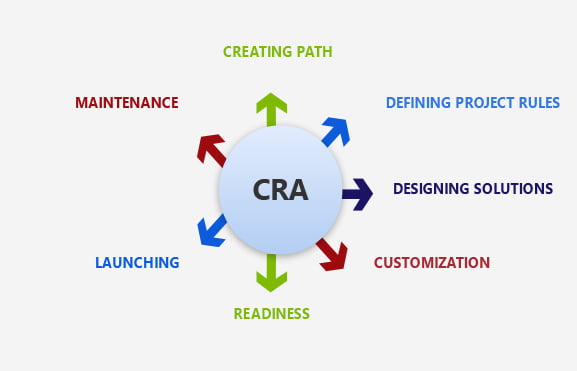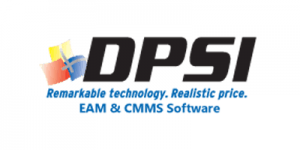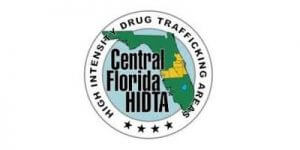Grab the data governance solutions driven by the proven and robust process at CSE
Modern data governance is a strategic, ongoing, and collaborative practice that enables businesses to discover and monitor their data, understand what it means in the sense of their market, and optimize its security, efficiency, and value. Although information technology and other data-driven initiatives are desirable results, few organizations know what data they have or where it is stored. They struggle to incorporate known data across multiple formats and systems – particularly if they don’t have a way to automate those processes. However, when IT-driven information systems and business-oriented information management collaborate in terms of staff, procedures, and technology, decisions can be taken and their consequences assessed based on a comprehensive inventory of accurate data.
Multiple forms of data can have different allowances or regulations, especially if they contain personal information (PII). Data protection strategies can help promote protection and enforcement, help businesses reduce the risk of violations and penalties, and maintain consumer confidence. Data governance activities help understand what PII happens and automate implementation through regulation and metadata management.
Privacy rules are only rising with global regulations such as the European General Data Protection Regulation (GDPR), which provides European citizens with data confidentiality, particularly on the web. Moreover, there are more sector-specific and regional rules for protecting patients with personal health records, such as the Health Insurance Portability and Accountability Act (HIPAA). Increased data-driven advertising and remote geographical jobs further increase the prevalence of regulatory legislation as consumers grow more mindful of their data privileges and as businesses face reputational hazards.
For many years, businesses in various industries have battled regulations like HIPAA, SOX, and PCI-DSS. However, the General Data Protection Regulation (GDPR) of the European Union, which imposes severe penalties for noncompliance, has thrown data governance into the spotlight, prompting most organizations to rethink their approaches and tooling. Although progress has been made, businesses continue to face challenges in implementing robust and long-term data governance, including reliance on largely manual data cataloging, data lineage, and data mapping processes.



















